As parents' attention to children's oral health grows, children's mouthwash has become a must-have in daily family care. However, with numerous brands of children's mouthwash on the market and complex ingredients, choosing a safe, effective, and child-friendly product is a major concern for parents. This article will provide comprehensive guidance for parents on the importance of children's oral health, key factors in choosing a children's mouthwash, recommended natural ingredients, and usage advice.
1. Why are children's mouthwashes with natural ingredients necessary?
Adult mouthwashes often contain alcohol, fluoride, and antibacterial ingredients. While these ingredients are safe and effective for adults, for children, alcohol can irritate the oral mucosa and even have adverse effects if swallowed. High concentrations of fluoride can also pose a risk of fluorosis if accidentally ingested. Therefore, children's mouthwashes with natural ingredients are safer.
Advantages of Natural Ingredients
Gentle and Non-Irritating: Children's oral mucosa is more delicate than adults'. Using mouthwashes containing alcohol or strong antibacterial ingredients can easily cause oral discomfort and burning sensations, and may even cause children to refuse to use them. Natural plant-based ingredients such as chamomile, mint, and licorice extracts freshen breath while being gentle and non-irritating, making them ideal for children's oral care.
Reducing the risk of chemical exposure: Natural mouthwashes do not contain artificial colors, preservatives, or high concentrations of alcohol, reducing the risk of long-term chemical exposure in children. Long-term use of natural mouthwashes helps maintain children's health during their growth and developmental years.
Improving the oral environment: Natural plant extracts added to children's mouthwashes not only clean the mouth but also have antibacterial and anti-inflammatory properties. For example, honeysuckle extract can inhibit plaque formation, while aloe vera can soothe gingivitis, promoting a healthier oral environment.
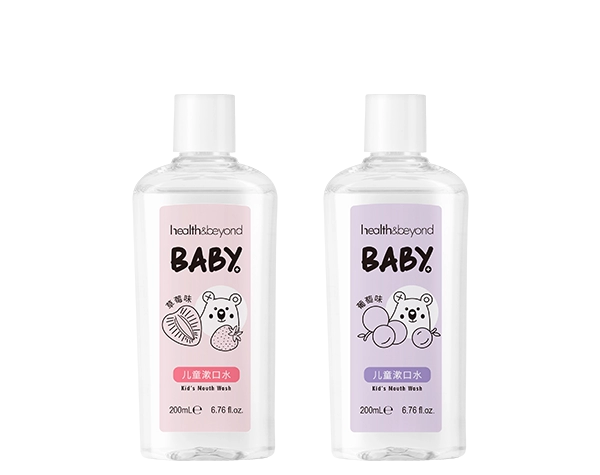
2. How to choose a mouthwash suitable for children?
Children's oral mucosa is delicate, and mouthwashes with excessive chemical ingredients may irritate or even harm them. Therefore, natural children's mouthwashes are highly recommended. When choosing a children's mouthwash, parents should focus on the following aspects:
2.1 Ingredient safety
Alcohol-free: This reduces the risk of oral irritation and accidental swallowing.
Low-fluoride or fluoride-free: While fluoride can prevent tooth decay, it can be easily swallowed by children. Low-fluoride or fluoride-free formulas are safer.
Natural plant extracts, such as chamomile, mint, aloe vera, licorice, and honeysuckle, are both safe and effective.
2.2 Age Applicability
Children of different ages have different oral needs. Generally speaking:
Children aged 3-6: Use mild, safe, low-fluoride or fluoride-free formulas.
Children aged 6 and above: Choose mouthwashes containing a small amount of xylitol and low-concentration fluoride for tooth decay prevention and breath freshening.
When purchasing, parents should check the product label for the age range to ensure safety.
2.3 Ease of Use
Children's mouthwashes should be easy to use:
Bland flavor: Avoid strong or overly sweet flavors to reduce children's resistance.
Suitable size: Small bottles are easy to carry and make it easier to control the amount used each time.
Clear dosage markings: Help parents determine the correct dosage.
3. Recommended Natural Children's Mouthwashes
Many brands offer natural children's mouthwashes on the market. The following are some worth parents' attention:
Natural Xylitol Mouthwash: Xylitol has significant anti-caries properties, inhibiting the growth of cariogenic bacteria in the mouth. It also has a sweet taste and is gentle on teeth. Suitable for children aged 3 and above, it doesn't require rinsing after each use, making it convenient and practical.
Plant-Extract Mouthwash: Children's mouthwashes formulated with chamomile, calendula, or green tea extracts are naturally gentle and suitable for children with sensitive or irritated gums. Long-term use can improve the oral environment and reduce gum bleeding and inflammation.
Alcohol-Free and Fluoride-Free Mouthwash: Some children's mouthwashes completely avoid alcohol and excessive fluoride, reducing the risk of accidental swallowing and offering increased safety. They are suitable for preschoolers or children who are not proficient in rinsing.
Combined Natural Formulas: Some children's mouthwashes combine multiple natural ingredients, such as xylitol, plant extracts, and glycerin, to prevent caries and fight bacteria while soothing gums. They offer a pleasant and safe combination, making them ideal for daily oral care.
4. Children's Mouthwash Usage Recommendations
To maximize the benefits of children's mouthwash while ensuring safety, parents can refer to the following usage recommendations:
Proper Mouthwashing Method: Take an appropriate amount of mouthwash (usually 5-10 ml) each time, swish it in your mouth for 30 seconds to 1 minute, and then spit it out. Avoid swallowing.
Use with Brushing: Mouthwash cannot replace brushing. For optimal oral care, use mouthwash after brushing your teeth morning and evening.
Control Use Frequency: 1-2 times daily is sufficient to avoid overuse that can affect oral balance.
Supervise Children's Use: Parents should supervise children throughout the use of mouthwash, especially preschoolers, to ensure they do not swallow it.
Storage Care: Keep out of reach of children to prevent accidental ingestion.
5. Additional Benefits of Natural Children's Mouthwash
Choosing a children's mouthwash with natural ingredients is not only safe but also offers the following additional benefits:
Improves the oral environment: Natural antibacterial ingredients can reduce the number of harmful oral bacteria, reducing the risk of tooth decay and oral inflammation. Cultivate Good Habits: A mild mouthwash makes it easier for children to accept mouthwash, helping to cultivate oral hygiene habits from an early age.
Fresh Breath: Natural mint or plant extracts can keep breath fresh and boost children's confidence.
Peace of Mind: Parents don't have to worry about the harmful effects of alcohol or strong chemicals, making use of it safer.
6. Summary
Children's oral health is a lifelong issue. Choosing a safe, natural, and gentle children's mouthwash is an important step for parents to provide scientific oral care for their children. Natural mouthwashes not only clean the mouth and prevent plaque, but also reduce the risk of chemical ingestion, allowing children to develop good oral hygiene habits in a healthy and safe environment. When choosing a mouthwash, parents should pay attention to ingredient safety, age-appropriate design, taste, and usage instructions. Parents should also consider daily brushing and dental checkups to ensure a healthy oral future for their children.
By choosing and using a children's mouthwash wisely and correctly, children can not only avoid tooth decay and bad breath, but also develop good oral habits that will benefit them throughout their lives through easy and enjoyable daily care. Natural children's mouthwashes are the "safe guardians" of children's oral health. As a supplier of children's mouthwashes, Health&Beyond is committed to providing families with safe, natural, and gentle oral care products. Whether preschoolers or elementary school students, Health&Beyond's children's mouthwashes meet the oral care needs of different age groups, providing peace of mind for parents and allowing children to happily develop good oral hygiene habits, making it a reliable choice for family oral care.








 Previous news
Previous news
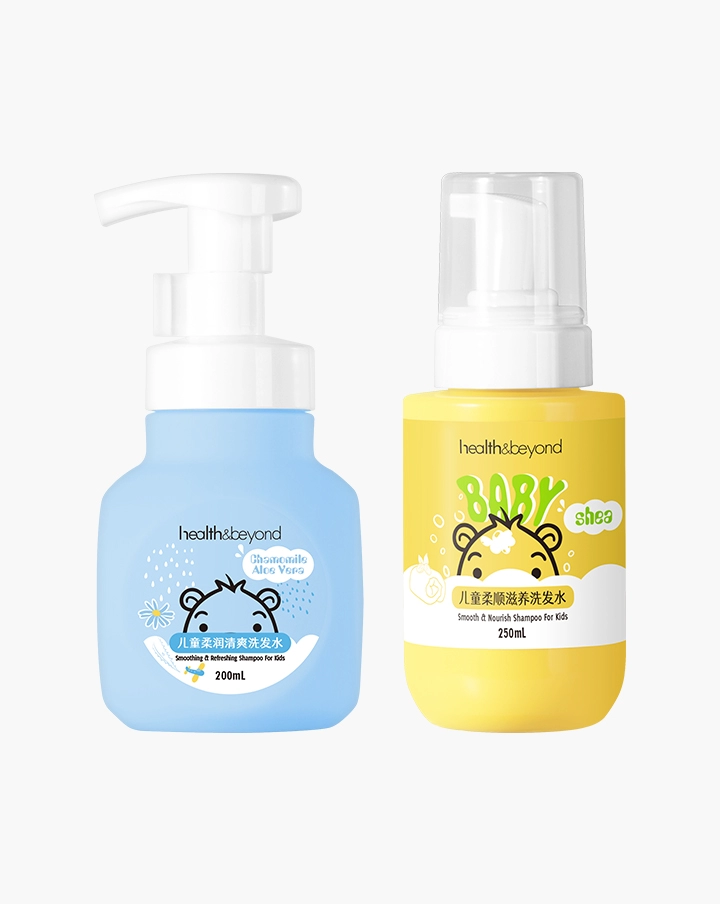
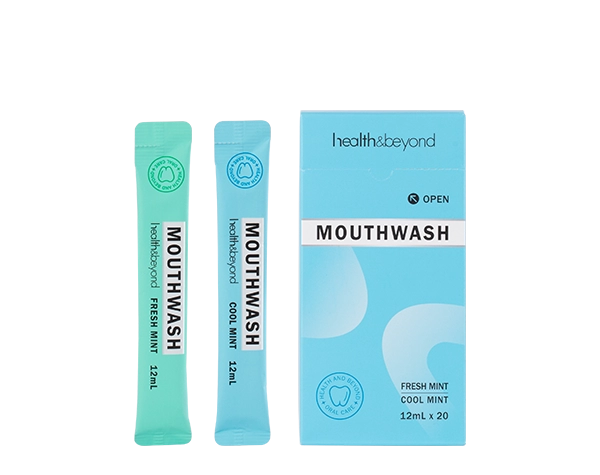
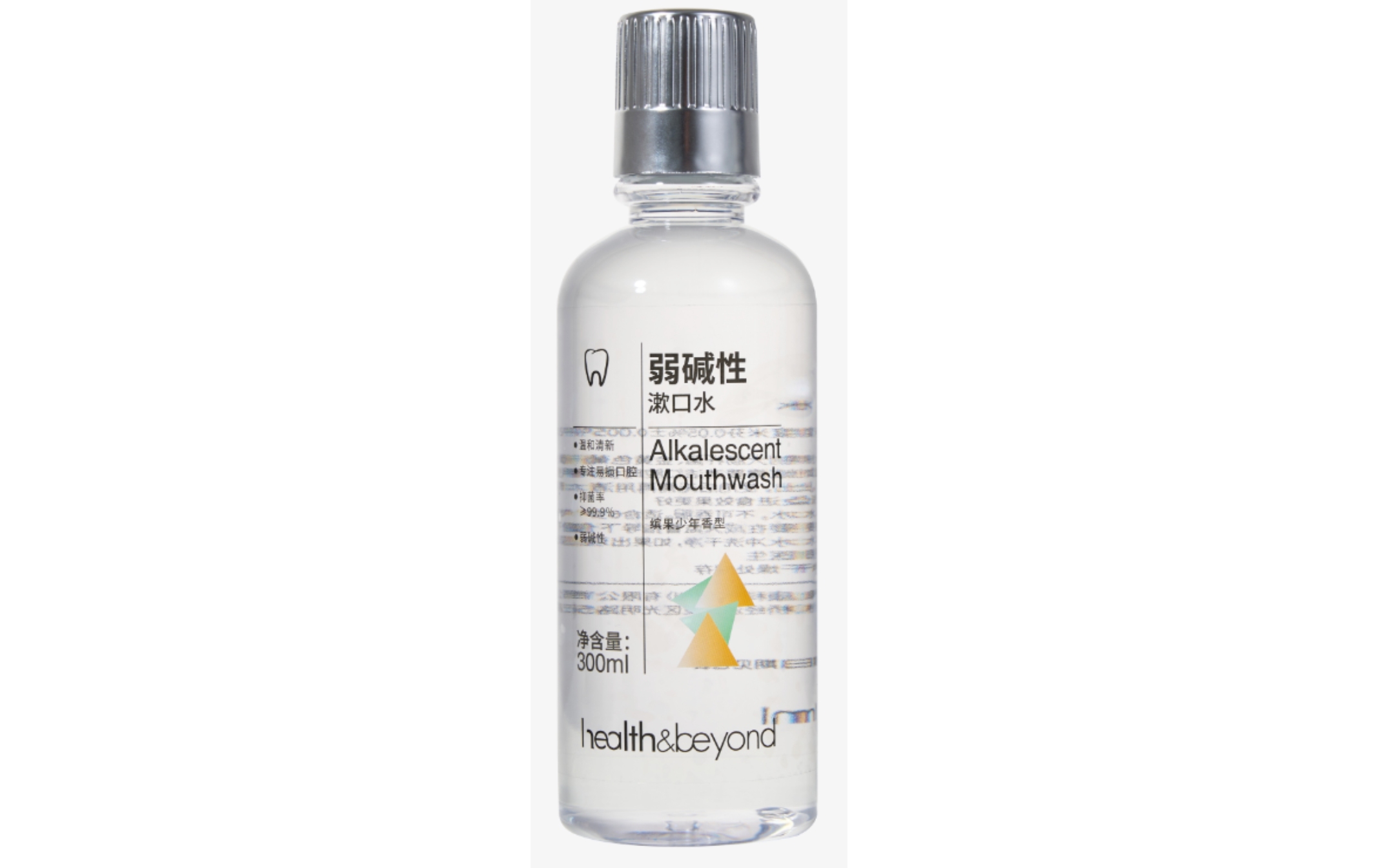
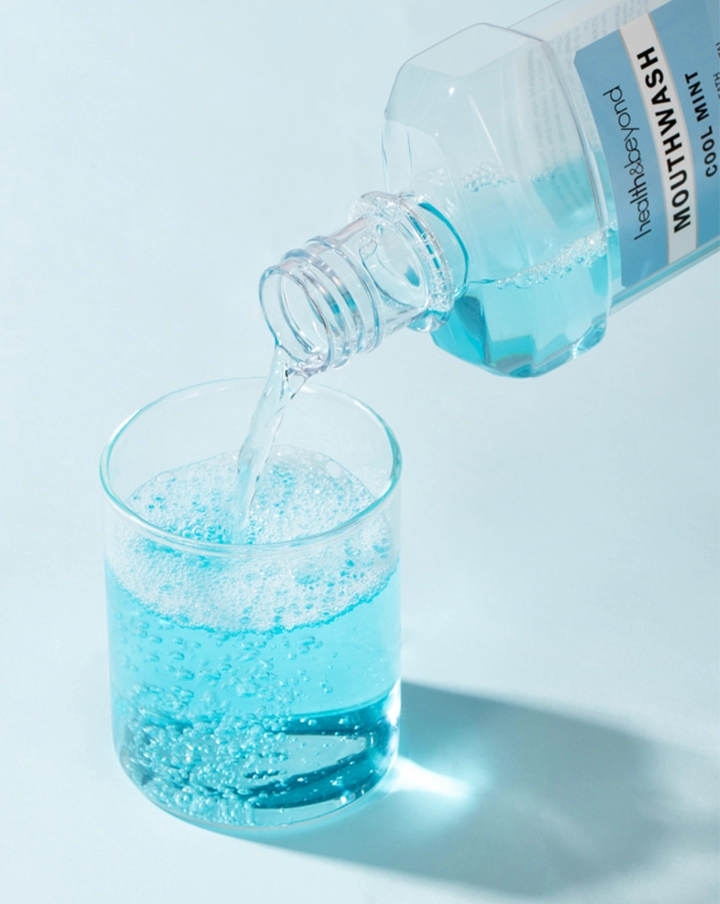
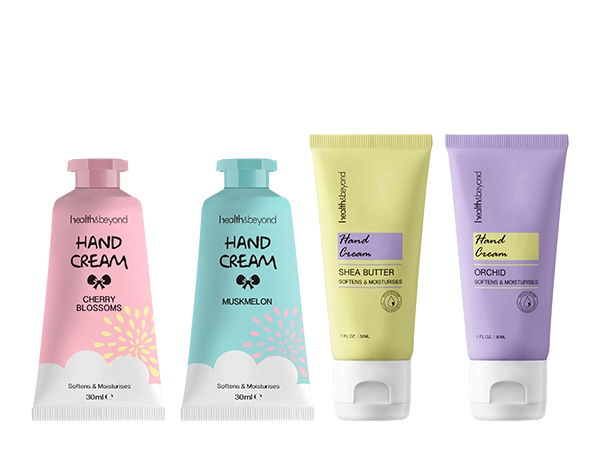

 WhatsApp
WhatsApp